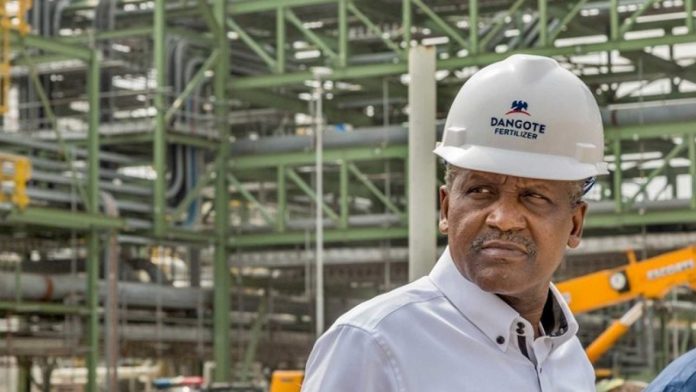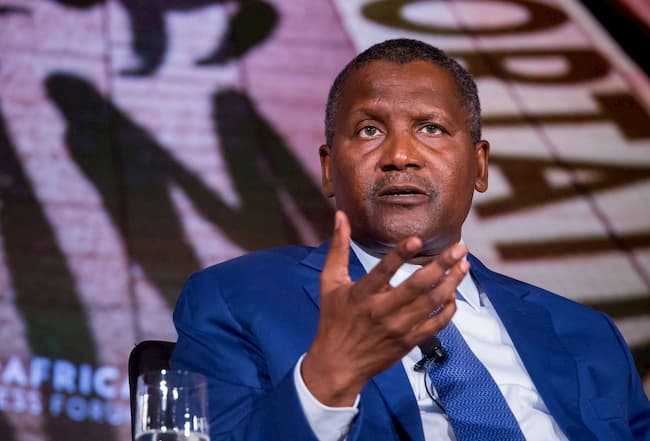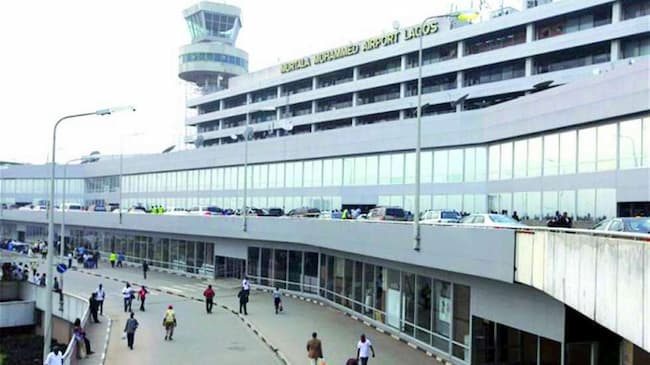The Senate has extended the public hearing on allegations of sabotage within the petroleum industry. The decision was made to facilitate broader consultations with key stakeholders, including the Minister of State for Petroleum Resources, officials from the Nigerian National Petroleum Company Limited (NNPCL), the Central Bank of Nigeria, the Nigeria Ports Authority, and other relevant entities.
These stakeholders were originally scheduled to appear at the hearing from September 10 to 12, 2024. Other entities summoned are the Nigerian Midstream and Downstream Petroleum Regulatory Authority, Nigerian Upstream Petroleum Regulatory Commission, Nigeria Customs Service, Nigerian Navy, International Oil Companies, Dangote Group, Capital Oil, and modular refineries.
The upper chamber also cited legislative exigencies aimed at further deepening due diligence in conducting the investigative hearing as another reason for postponing it. The Senate cited legislative demands and the need for further due diligence as reasons for the delay.
Senator Opeyemi Bamidele, the Leader of the Senate and Chairman of the Senate Ad-hoc Committee, investigating the alleged economic sabotage in the Nigerian petroleum sector, announced the postponement in a statement. He emphasized that this decision aims to ensure a more comprehensive and effective investigation. A new date for the hearing will be announced soon.
The Senate had set up the ad hoc committee to investigate billions spent on maintaining the nation’s refineries, shine a spotlight on regulatory agencies’ overpayment to transporters, and unravel the alleged importation of hazardous petroleum products and dumping of substandard diesel into the country.
The adhoc committee had concluded its pre-investigation undertakings and held an interactive session with the heads of Ministries, Departments and Agencies as well as some private interests in the downstream and midstream petroleum sector.
After the exhaustive engagement with select MDAs and private oil firms, the ad-hoc committee subsequently scheduled its investigative hearing for Tuesday, 10th to Thursday, 12th September 2024
However, in his statement on Sunday, Bamidele explained the decision of the ad-hoc committee to postpone the investigative hearing after due consultation with all its members and key actors in the petroleum industry.
He further indicated that the ad-hoc committee would announce a new date for the investigative hearing to all stakeholders in due course.
Describing the reasons for the extension, Bamidele emphasized that the decision was made in the best interest of the nation and its large population.
He noted that the delay was necessary to allow for broader consultations with an expanded range of stakeholders within and outside the petroleum industry, as well as to address legislative requirements that would enhance due diligence in the investigative process.
Bamidele also highlighted that the current realities in the country, which require urgent attention from stakeholders across both public and private sectors in all 36 states and the Federal Capital Territory, influenced the decision to postpone the hearing.
Bamidele said, “While we deeply regret all inconveniences it may have caused all the stakeholders collectively or individually, this decision was taken purely and solely in the national interest.”
He explained that each of these decisions was taken to enable the ad-hoc committee a holistic approach to the public hearing and find lasting solutions to the challenges confronting the petroleum sector of the economy.
Bamidele, therefore, assured all the stakeholders that a new date for the public hearing would be communicated to them in due course.
This came as the Kwara State Council of the Nigeria Labour Congress appealed to the Federal Government to reverse the recent increment in the price of petrol.
The union in a statement issued on Sunday by the State Chairman of NLC, Muritala Olayinka, described the increase as an “assault on workers wellbeing and a breach of contract.”
It told the Federal Government to reverse what it called “economic policies that are not labour-friendly and anti-people”.
After NNPC hiked petrol prices last week, independent fuel stations adjusted and dispensed the commodity between N1000 and N1200 per litre.
In some fuel stations in Ilorin, the Kwara State capital, for instance, a litre of fuel is dispensed at N1000.
Reacting to this, the NLC chairman took a swipe at the Federal Government for reneging on the agreement it reached with the organised labour, recalling that the decision to accept N70,000 as the new minimum wage was on the basis that there won’t be a hike in petrol price.
Olayinka criticized the government’s insensitivity in raising the pump price of fuel during a time when citizens are already grappling with economic hardships caused by various policies.
The NLC chairman persuaded the public to remain calm and resilient, advising against actions that could escalate tensions. He assured that the leadership of organized labor is actively monitoring the situation and addressing the implications of the fuel price increases.
He said, “The Nigeria Labour Congress Kwara State Council received the news of the recent fuel price hike with indignation. This hike is worrisome due to the harsh socio-economic situation in the state and Nigeria at large.
“It is with a deep feeling of compassion and patriotism that we address our workers and the general public on the economic dilemma of the moment caused by the hike in the price of PMS otherwise known as petrol.
“The increase in the petrol price during this period of economic hardship and strangulation calls for a deep sense of concern that may culminate in a national debate or dialogue on the direction toward the living standards of workers and Nigerian people.
“Consequently, it is our resolve to engage the government to bring succour to the working class people and the Nigeria masses. We are working with the relevant stakeholders and authorities to bring hope to our members and the general public,” he said.
The union has called on the Federal Government to reconsider and reverse some of its economic policies that are detrimental to workers and the general public.
This article was written by Tamaraebiju Jide, a student at Elizade University
Situs nonton bola gratis Jalalive













